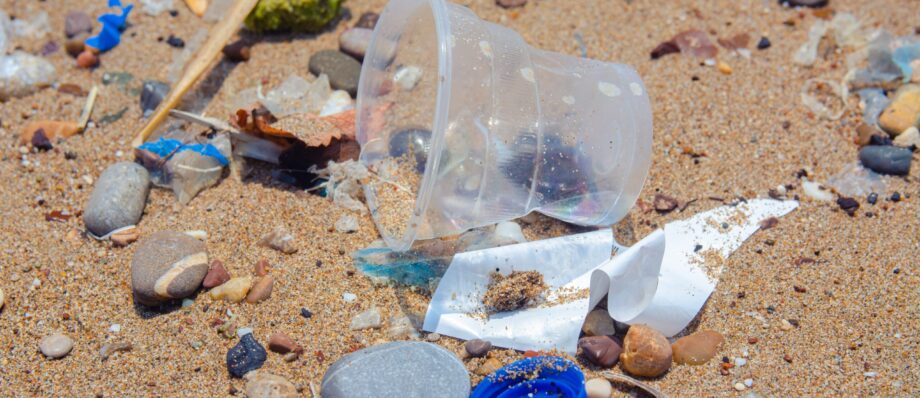Global Treaty Targets Plastic Pollution Crisis
Lead: In March 2025, 175 nations signed a landmark UN treaty in Nairobi to combat plastic pollution, aiming to reduce global plastic waste by 40% by 2040. The agreement, finalized after years of negotiations, sets binding targets for production, recycling, and waste management. This move addresses a crisis impacting oceans, wildlife, and human health worldwide.
Background
Plastic pollution has escalated into a global emergency, with over 430 million tons produced annually, much of it ending up in oceans or landfills. The UN Environment Programme (UNEP) has warned that microplastics now infiltrate ecosystems, food chains, and even human bloodstreams. Past efforts, like voluntary commitments, fell short, prompting calls for a legally binding framework. The 2022 UN Environment Assembly resolution kickstarted talks, culminating in the 2025 treaty. This agreement reflects growing consensus on the need for systemic change in how plastics are produced, used, and disposed of.
Key Developments
The Nairobi treaty introduces several groundbreaking measures:
- Production Caps: Countries must limit virgin plastic production by 15% by 2030, encouraging biodegradable alternatives.
- Recycling Mandates: By 2035, 70% of plastic waste must be recycled, up from the current global average of 9%.
- Single-Use Ban: Phased bans on single-use plastics, like straws and bags, will begin in 2027.
- Funding Mechanism: A $10 billion global fund will support waste management in low-income nations.
UNEP Executive Director Inger Andersen hailed the treaty as “a turning point for planetary health.” Over 50 nations, including the EU, Japan, and Kenya, have already pledged early compliance. However, major plastic producers like China and the US face challenges in meeting targets due to industrial reliance. Negotiations saw tensions over enforcement, with developing nations demanding financial aid to transition.
Implications
The treaty could reshape global industries, forcing manufacturers to innovate sustainable materials. Coastal nations, particularly in Africa and Southeast Asia, stand to benefit from cleaner oceans, boosting tourism and fisheries. However, economic disruptions are likely, with the plastic industry employing millions worldwide. Small island states, heavily impacted by marine litter, see the treaty as a lifeline. Yet, critics warn that weak enforcement could undermine progress, especially in regions lacking infrastructure. The World Bank estimates that effective implementation could prevent 300 million tons of plastic from entering oceans by 2040, but only with robust global cooperation.


